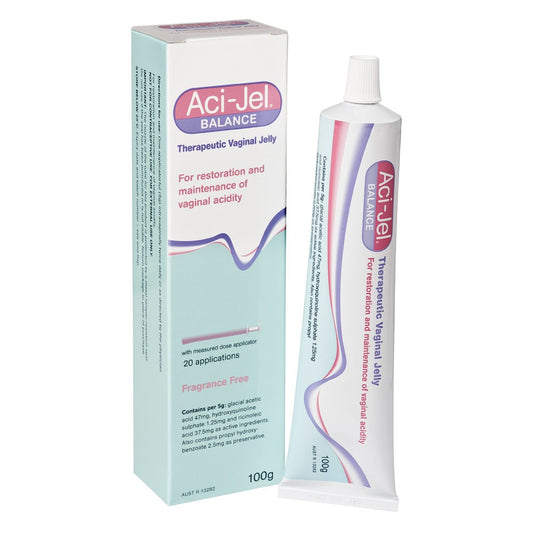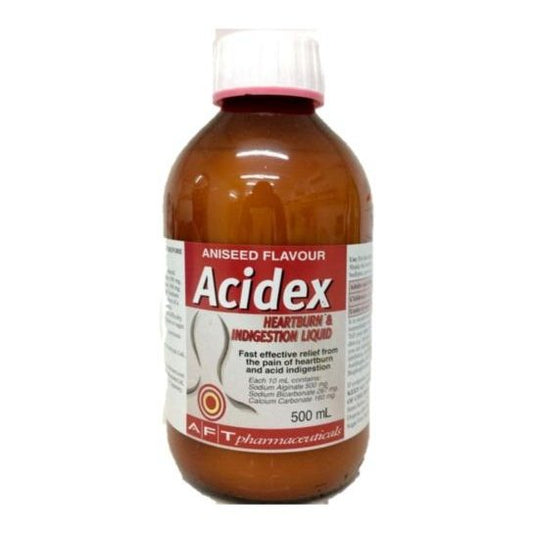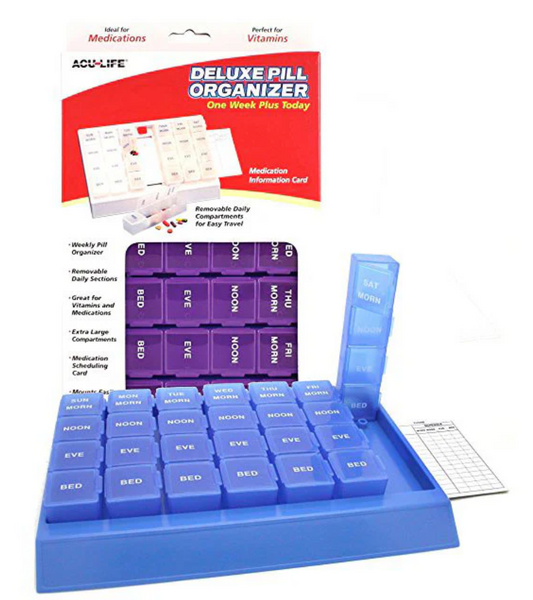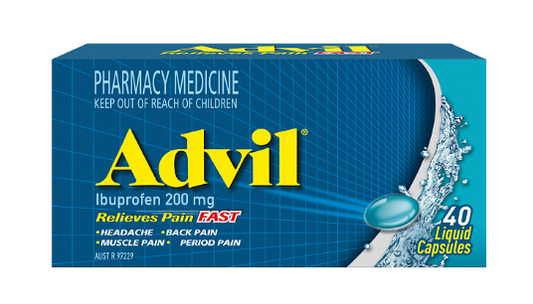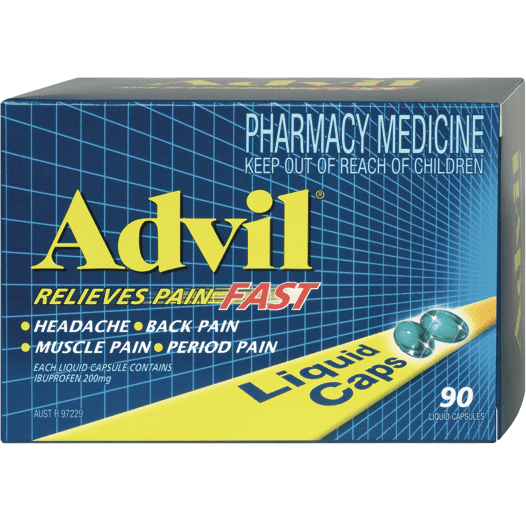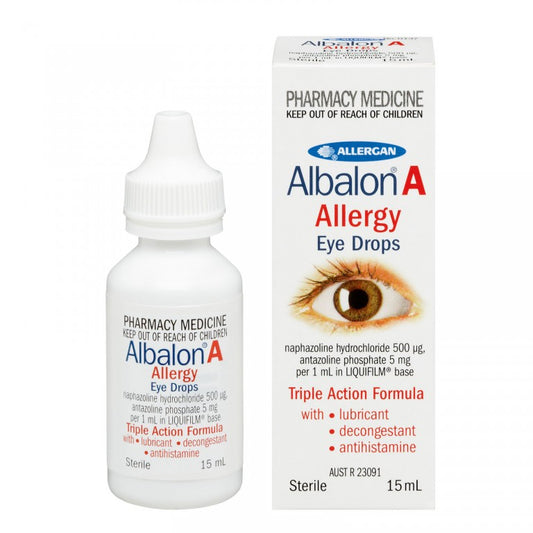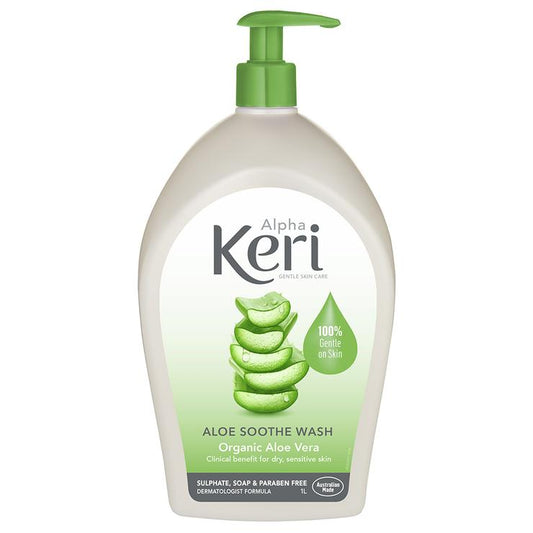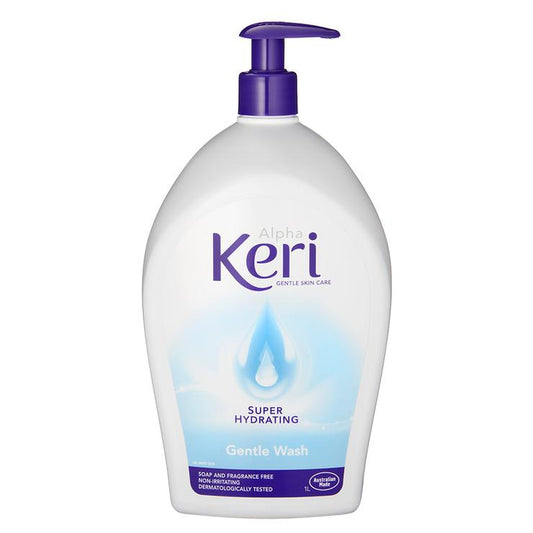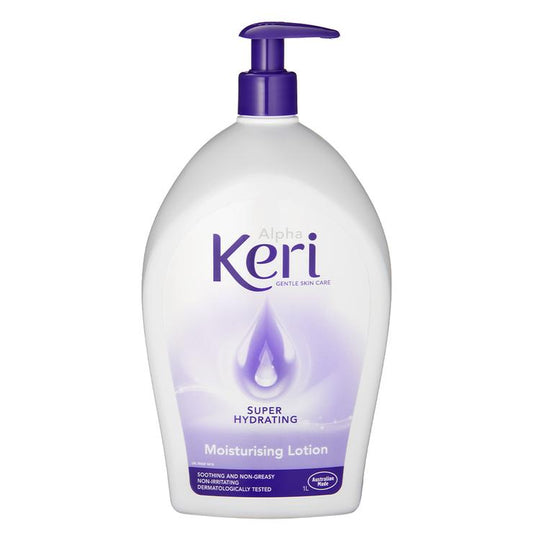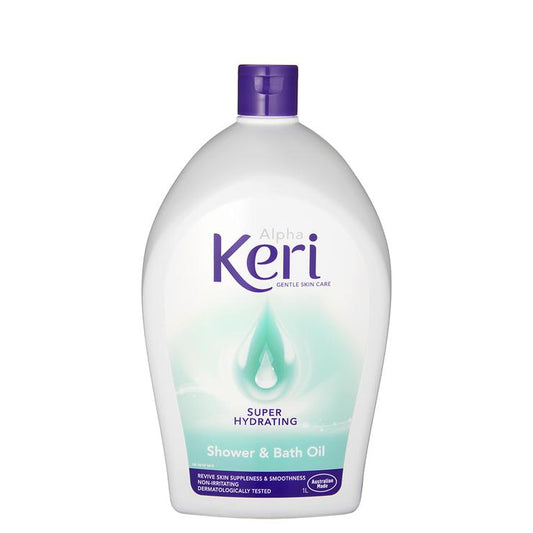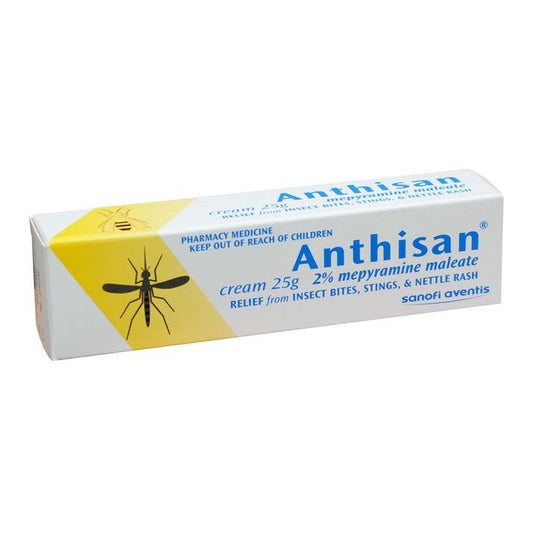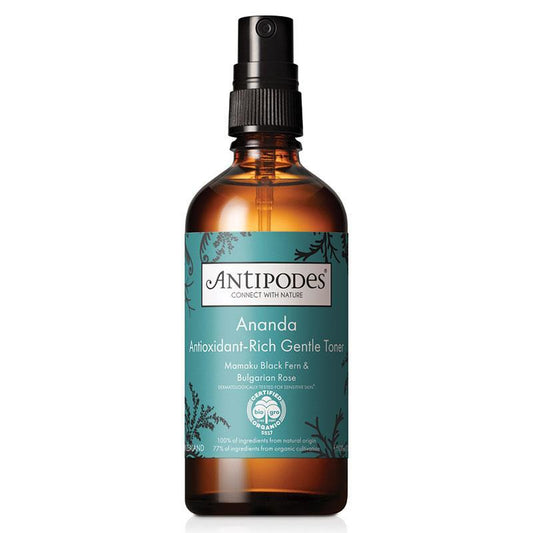Collection: Products
-
Sold out
1000 Hr Eyelash/Brow Tint Brwn/Blk
Regular price $9.99 NZDRegular priceUnit price / per -
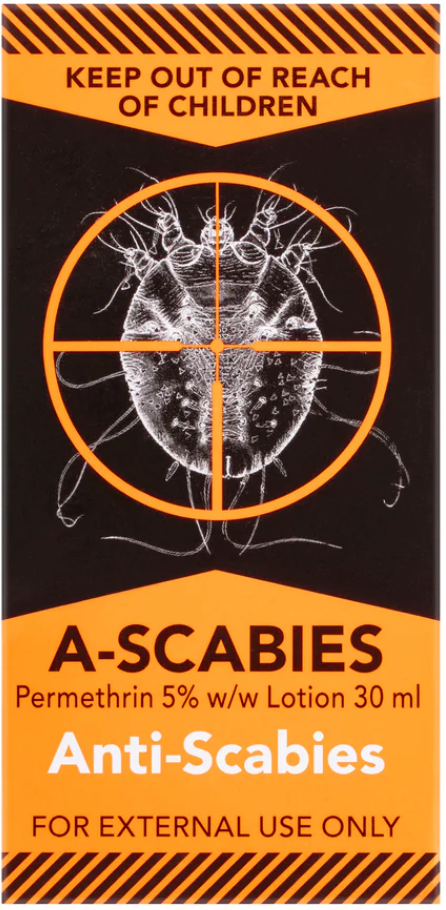 Sold out
Sold outA-Scabies Lotion 30ml
Regular price $13.99 NZDRegular priceUnit price / per -
Aci-Jel Balance Jelly 100g
Regular price $51.99 NZDRegular priceUnit price / per -
Acidex Heartburn & Indigestion Liquid Aniseed 500ml
Regular price $18.99 NZDRegular priceUnit price / per -
Acu-Life One Week Plus Today Pill Organiser Deluxe
Regular price $21.99 NZDRegular priceUnit price / per -
Advil Liquid Caps 40 caps
Regular price $14.99 NZDRegular priceUnit price / per -
Advil Liquid Caps 90 Caps
Regular price $24.99 NZDRegular priceUnit price / per -
Sold out
ADVIL Tablets 96s
Regular price $19.99 NZDRegular priceUnit price / per -
Albalon A Allergy Eye Drops 15ml
Regular price $12.99 NZDRegular priceUnit price / per -
Alpha Keri Aloe Soothe Wash 1L
Regular price $24.99 NZDRegular priceUnit price / per$36.99 NZDSale price $24.99 NZDSale -
Alpha Keri Super Hydrating Gentle Body Wash 1L
Regular price $22.99 NZDRegular priceUnit price / per$34.99 NZDSale price $22.99 NZDSale -
Alpha Keri Super Hydrating Moisturising Body Lotion 1L
Regular price $22.99 NZDRegular priceUnit price / per$34.99 NZDSale price $22.99 NZDSale -
Alpha Keri Super Hydrating Shower & Bath OIl 1L
Regular price $22.99 NZDRegular priceUnit price / per$34.99 NZDSale price $22.99 NZDSale -
Anthisan Bite & Sting Cream 25g
Regular price $9.99 NZDRegular priceUnit price / per$16.99 NZDSale price $9.99 NZDSale -
Anti-Theft Travel Wallet Belt
Regular price $26.99 NZDRegular priceUnit price / per -
Antipodes Ananda Antioxidant-Rich Gentle Toner (Organic) 100ml
Regular price $39.99 NZDRegular priceUnit price / per


